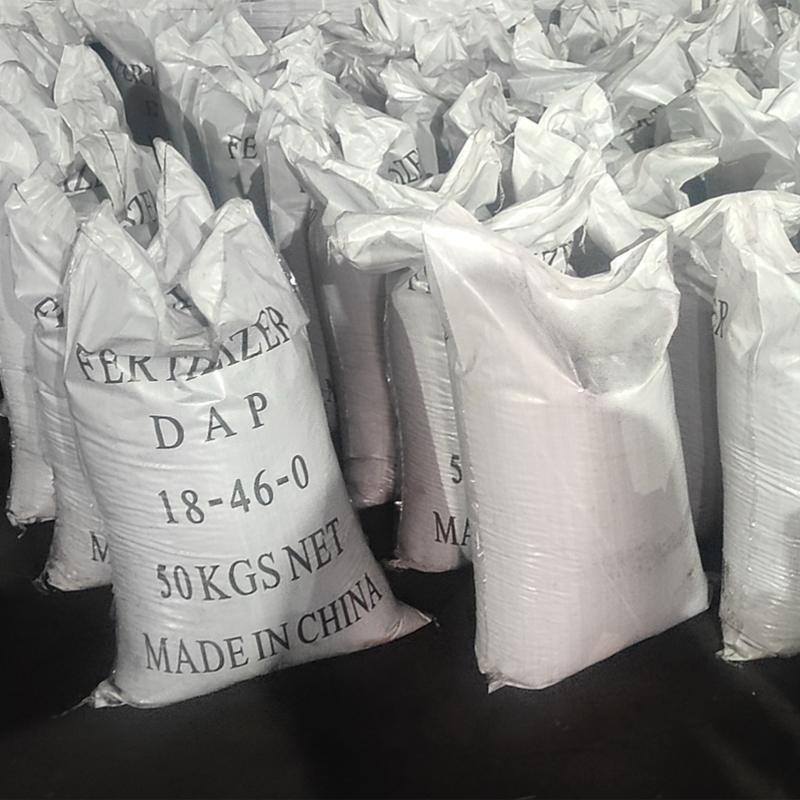
ธ.ค. . 03, 2024 14:40 Back to list
Functions and Applications of NPK Fertilizers for Efficient Nutrient Management
Understanding NPK Fertilizers Functions and Manufacturing
NPK fertilizers play a crucial role in modern agriculture, serving as a vital tool for enhancing crop yield and soil fertility. The term NPK stands for the three primary nutrients that plants require Nitrogen (N), Phosphorus (P), and Potassium (K). Each of these elements has distinct functions in plant growth, and understanding their roles can help farmers and manufacturers optimize their use of fertilizers to ensure sustainable agricultural practices.
Functions of N, P, and K
1. Nitrogen (N) Nitrogen is an essential nutrient that is primarily responsible for promoting lush, green growth in plants. It is a key component of amino acids, the building blocks of proteins, and plays a significant role in photosynthesis. Nitrogen helps in the formation of chlorophyll, the pigment that enables plants to absorb sunlight. Thus, adequate nitrogen levels are crucial for vegetative growth, leaf development, and overall plant vigor. However, excess nitrogen can lead to excessive foliage at the expense of fruit and flower development.
2. Phosphorus (P) Phosphorus is vital for energy transfer within the plant. It is a component of ATP (adenosine triphosphate), the energy currency of cells, which means it plays a critical role in energy metabolism. Phosphorus is also important for root development, flowering, and seed formation. A well-developed root system enhances a plant’s ability to absorb water and nutrients from the soil, leading to improved resilience against drought and disease. Phosphorus availability is often limited in soils, making its appropriate application significant for crop productivity.
3. Potassium (K) Potassium is crucial for overall plant health. Unlike nitrogen and phosphorus, potassium does not contribute directly to plant structure but is integral to various physiological processes, including osmoregulation, enzyme activation, and photosynthesis. It helps in regulating water uptake and improves stress resistance, allowing plants to withstand extreme weather conditions. Potassium also enhances the quality of fruits and vegetables, leading to better taste and nutritional content.
Manufacturing NPK Fertilizers
The manufacturing of NPK fertilizers involves a complex process that ensures the balanced incorporation of these essential nutrients
. Typically, NPK fertilizers are produced through either chemical synthesis or blending of various raw materials that contain the desired nutrients.npk fertilizer n and p finctions manufacturer

1. Chemical Synthesis In this method, the raw minerals are chemically transformed to produce the desired NPK compound. This involves several detailed steps, including the reaction of ammonia (for nitrogen), phosphoric acid (for phosphorus), and potassium chloride or sulfate (for potassium). The resulting product is then granulated to ensure uniform distribution and ease of application.
2. Blending An alternative approach to manufacturing NPK fertilizers is blending. This process involves mixing granular fertilizers containing different nutrients in specific ratios, allowing manufacturers to create customized NPK products suited to particular soil types or crop needs. Blending is often preferred for its flexibility, as it enables the creation of fertilizers with tailored nutrient ratios, which can significantly improve crop performance.
Importance of NPK Fertilizers in Sustainable Agriculture
The use of NPK fertilizers has become increasingly critical in the context of sustainable agriculture. As global populations rise and food demand increases, the need for effective and efficient fertilization methods is paramount. NPK fertilizers not only enhance crop yields but also help preserve soil health by providing essential nutrients in a controlled manner.
However, their application must be managed carefully to mitigate environmental impacts. Over-fertilization can lead to nutrient runoff, which can contaminate water bodies and disrupt aquatic ecosystems. Hence, it is essential for farmers and manufacturers to adopt best practices and innovative techniques, such as precision agriculture, to ensure that fertilizers are applied at the right rate, time, and place.
Conclusion
In summary, NPK fertilizers are indispensable tools in modern agriculture, essential for maximizing crop yields and promoting sustainable farming practices. By understanding the distinct functions of nitrogen, phosphorus, and potassium, and employing advanced manufacturing techniques, farmers can effectively meet the nutritional needs of their crops while safeguarding the environment. As agricultural challenges evolve, the responsible use of NPK fertilizers will remain essential for sustaining global food security.
-
10-10-10 Organic Fertilizer - Balanced NPK Formula
NewsAug.02,2025
-
Premium Organic Manure Compost for Eco Gardens
NewsAug.01,2025
-
Organic 10-10-10 Fertilizer | Balanced Plant Nutrients
NewsJul.31,2025
-
Premium Amino Acid Fertilizer | Rapid Plant Growth Booster
NewsJul.31,2025
-
10 10 10 Fertilizer Organic—Balanced NPK for All Plants
NewsJul.30,2025
-
Premium 10 10 10 Fertilizer Organic for Balanced Plant Growth
NewsJul.29,2025
